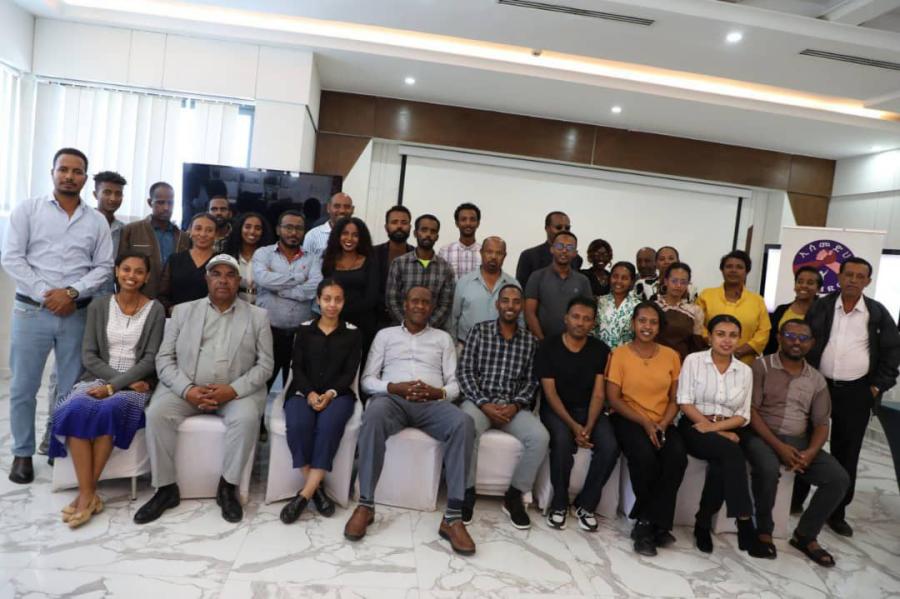
The Ethiopian government has come under criticism due to its use of anti-terrorism laws to incarcerate journalists critical of their administration. Two Sweedish journalists were recently sentenced to 11 years in prison, while local journalists have been sentenced to 14 years and even death. Cultural Survival ally Frank La Rue, UN Special Rapporteur onFreedom of Expression, stated that, "Journalists play a crucial role in promoting accountability of public officials by investigating and informing the public about human rights violations."
According the the Guardian, the Ethiopian government recently 'shrugged off' criticism from Human Rights Watch in its report, "Waiting for Death," which charges Ethiopia with forcibly relocating thousands of Indigenous people in Gambella.
"International donors should ensure that they are not providing support for forced displacement or facilitating rights violations in the name of development, Human Rights Watch said. They should press Ethiopia to live up to its responsibilities under Ethiopian and international law, namely to provide communities with genuine consultation on the villagization process, ensure that the relocation of indigenous people is voluntary, compensate them appropriately, prevent human rights violations during and after any relocation, and prosecute those implicated in abuses. Donors should also seek to ensure that the government meets its obligations to respect, protect, and fulfill the economic and social rights of the people in new villages."
See the article by the Guardian here: Ethiopia's human rights record poses awkward questions for its aid donors

